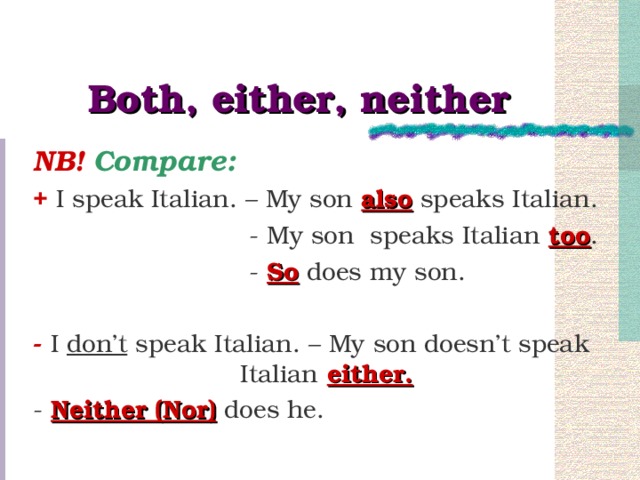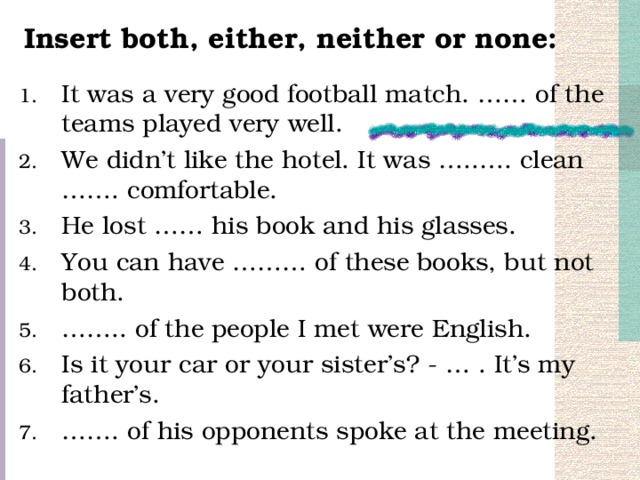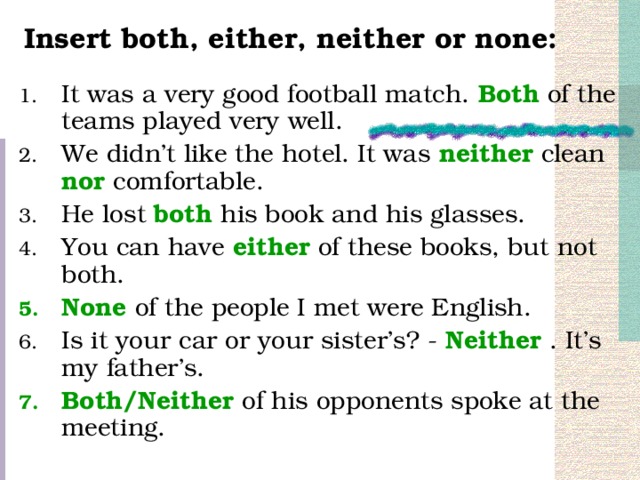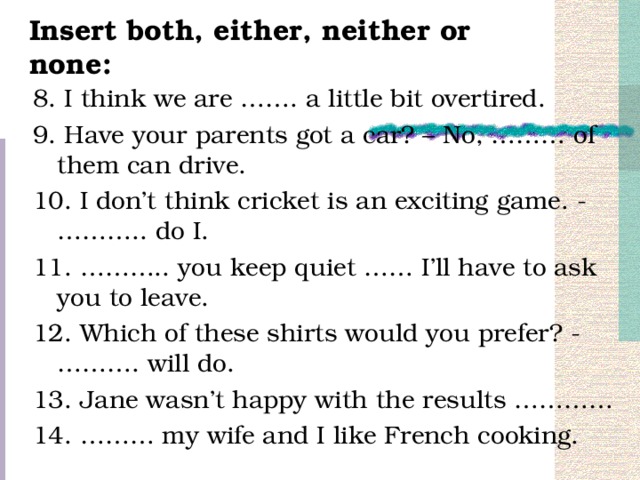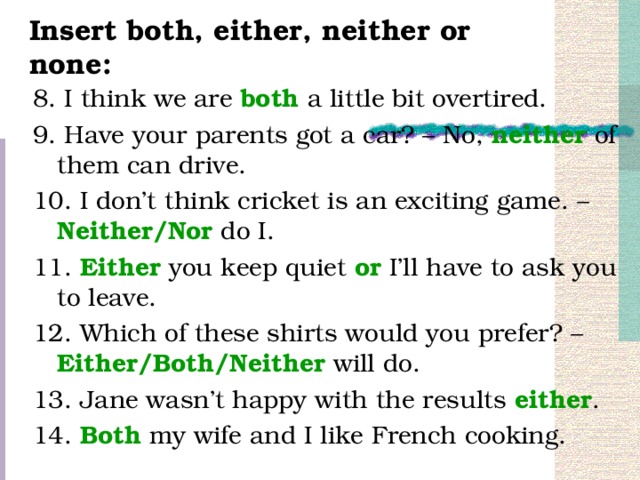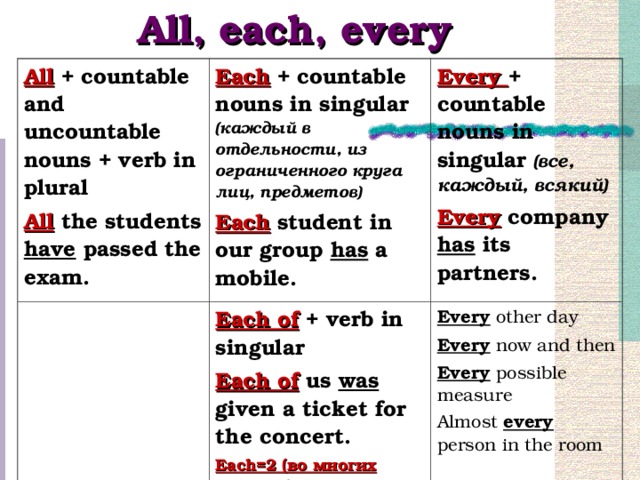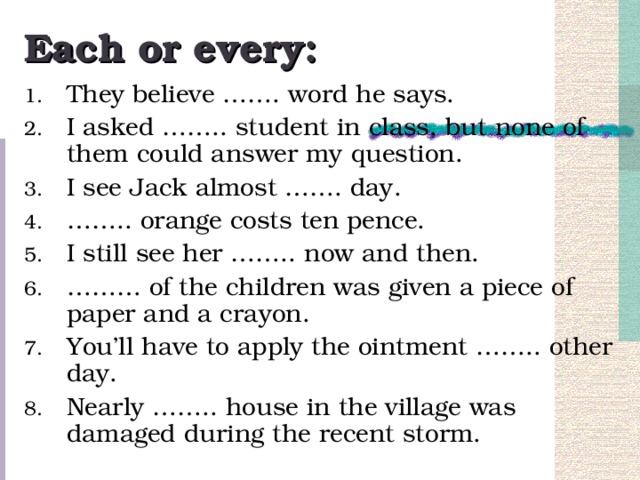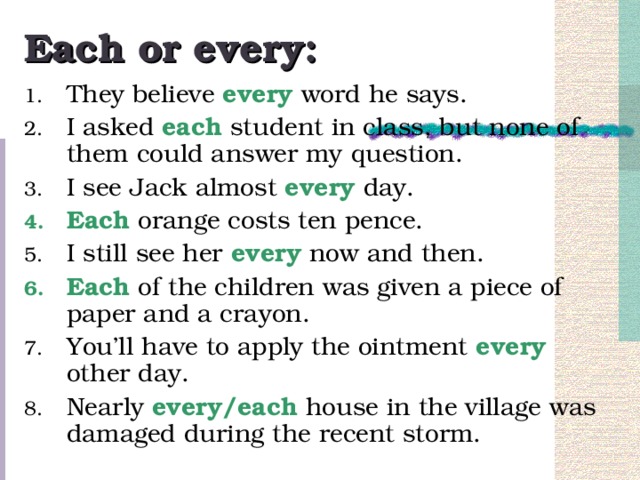ENGLISH PRONOUNS
Indefinite, relative and reflexive pronouns
Reflexive Pronouns
After certain verbs (amuse, behave, blame, burn, cut, look at, introduce, dry, enjoy, hurt, etc.) She has no reason to blame herself for what has happened.
After expressions (absent oneself, avail oneself (of), pride oneself (on). Audrey prides herself on her cooking.
We don’t use reflexive pronouns after feel, (un)dress, wash, shave, relax (except wash and dress when we talk about small children): In the morning he got up, washed and shaved.
I’m teaching my little daughter how to dress herself.
Reflexive Pronouns: Idioms
Enjoy yourself! = Have a good time! Behave yourself! = Be good! I like being by myself! = I like being alone. She lives by herself! = She lives on her own. Help yourself! = You’re welcome to take smth. to eat. Make yourself at home! = Feel comfortable! Make yourself heard. = Speak loudly to be heard.
By + reflexive pronoun ( by myself )
On + possessive pronoun ( on my own )
I don’t like to go to the theatre on my own.
Fill in the appropriate personal or reflexive pronoun where it is necessary:
She hates being in the house by __________. She is afraid to be alone. Susan is late. Has _____ called? It’s not like _______ to be late. Whenever they are playing, they are playing by ___________ never inviting anybody in their circle. Children, behave _____________! Robert gave ________ a great idea. He is so inventive, isn’t _________? Take a taxi. _____’s a long way there.
Fill in the appropriate personal or reflexive pronoun where it is necessary:
She hates being in the house by herself . She is afraid to be alone. Susan is late. Has she called? It’s not like her to be late. Whenever they are playing, they are playing by themselves never inviting anybody in their circle. Children, behave yourself ! Robert gave us/me a great idea. He is so inventive, isn’t he ? Take a taxi. It’ s a long way there.
Fill in the appropriate personal or reflexive pronoun where it is necessary:
7. To save the money we decorated the house _______________ .
8. Please, make _______________ heard. ________ is a bit too noisy here.
9. We were in the park on _____________ own.
10. Your cassette player sounds better than ______________.
11. The children were vaccinated to protect _____________ against the disease.
12. The president ______________opened the exhibition.
Fill in the appropriate personal or reflexive pronoun where it is necessary:
7. To save the money we decorated the house ourselves .
8. Please, make yourself heard. It is a bit too noisy here.
9. We were in the park on our own.
10. Your cassette player sounds better than mine/ours/his/hers/theirs .
11. The children were vaccinated to protect them against the disease.
12. The president himself opened the exhibition.
Relative Pronouns
is used with people
is used with things and animals
Who/That
That’s the boy who/that lives next door.
Which/That
Who/Whom/That
NB! That is not used after commas and prepositions
I saw a film which/that was directed by Polanski.
The boy who/whom/that he waved to is my son.
Which/That
Whose
The dog which/that you saw outside is my neighbour’s.
That’s the man whose wife was awarded a grant.
Whose/Of which
That’s the table the leg of which/whose leg is broken.
Complete the sentences with relative pronouns:
Harry is the man _____ owns that wonderful dog. The car _____won the race looked very futuristic, didn’t it? The woman _____ lived here before we moved to New York. Have you seen the book _____ was on this table? The money _____ I left on the table seems to have disappeared. Carl is the one _____ desk is next to mine.
Complete the sentences with relative pronouns:
Harry is the man who/that owns that wonderful dog. The car which/that won the race looked very futuristic, didn’t it? The woman who/that lived here before we moved to New York. Have you seen the book which/that was on this table? The money which/that I left on the table seems to have disappeared. Carl is the one whose desk is next to mine.
Complete the sentences with relative pronouns:
7. The restaurant _____ Bob recommended was expensive.
8. The speech to ______ we listened last night was informative.
9. I read about the child _____ life was saved by her pet dog.
10. A barrel is a large container _____ is made of wood and metal.
11. You need to talk to a person ______ you can trust. You will feel better if you do.
12. The man ______ we spoke to was very nice.
Complete the sentences with relative pronouns:
7. The restaurant which/that Bob recommended was expensive.
8. The speech to which we listened last night was informative.
9. I read about the child whose life was saved by her pet dog.
10. A barrel is a large container which/that is made of wood and metal.
11. You need to talk to a person who(m) you can trust. You will feel better if you do.
12. The man who(m) we spoke to was very nice.
Indefinite Pronouns some, any, no
Some affirmative + I need some ice to add. + There’s something in my bag.
Some interrogative “ Would you like something to eat?” “Yes, please.” (offer)
Any interrogative negative Is there any juice in the fridge ? Is there anyone at home ?
- There isn’t anybody at home.
Any negative words without, never, seldom, rarely, hardly , etc. I can do this exercise without any help.
Indefinite Pronouns some, any, no
Any affirmative sentences “ любой ”: You can come any day you like.
In any weather – при любой погоде
No negative sentences + He told me nothing. – He didn’t tell me anything.
I have no idea where he is. = I have n’t any idea where he is.
Everybody/everyone=all people
Everything=all things
Everywhere=in all places
Both, either, neither
Both + verb in plural ( оба)
Both are
Either ( любой из двух) + noun in singular
Both … and …
Both and enjoy
You may go by either
Neither ( ни тот ни другой, из двух) + noun in singular
Neither likes
Either of
Either of is/are
Neither… nor…
Neither nor was/were
Neither of
Neither of is/are
Either…or…
You can take either or
None of 2
None of has/have
NB! (none of the money has )
Both, either, neither
NB! Compare:
+ I speak Italian. – My son also
- My son speaks Italian too
- So
- I don’t speak Italian. – My son doesn’t speak Italian either.
- Neither (Nor)
Insert both, either, neither or none:
It was a very good football match. …… of the teams played very well. We didn’t like the hotel. It was …..…. clean ……. comfortable. He lost …… his book and his glasses. You can have ……… of these books, but not both. …… .. of the people I met were English. Is it your car or your sister’s? - … . It’s my father’s. …… . of his opponents spoke at the meeting.
Insert both, either, neither or none:
It was a very good football match. Both of the teams played very well. We didn’t like the hotel. It was neither clean nor comfortable. He lost both his book and his glasses. You can have either of these books, but not both. None of the people I met were English. Is it your car or your sister’s? - Neither . It’s my father’s. Both/Neither of his opponents spoke at the meeting.
Insert both, either, neither or none:
8. I think we are ……. a little bit overtired.
9. Have your parents got a car? – No, ……… of them can drive.
10. I don’t think cricket is an exciting game. - ……….. do I.
11. ……….. you keep quiet …… I’ll have to ask you to leave.
12. Which of these shirts would you prefer? - ………. will do.
13. Jane wasn’t happy with the results …………
14. ……… my wife and I like French cooking.
Insert both, either, neither or none:
8. I think we are both a little bit overtired.
9. Have your parents got a car? – No, neither of them can drive.
10. I don’t think cricket is an exciting game. – Neither/Nor do I.
11. Either you keep quiet or I’ll have to ask you to leave.
12. Which of these shirts would you prefer? – Either/Both/Neither will do.
13. Jane wasn’t happy with the results either .
14. Both my wife and I like French cooking.
All, each, every
All + countable and uncountable nouns + verb in plural
All the students have passed the exam.
Each + countable nouns in singular ( каждый в отдельности, из ограниченного круга лиц, предметов)
Each student in our group has a mobile.
Every + countable nouns in singular (все, каждый, всякий)
Every company has its partners.
Each of + verb in singular
Each of us was given a ticket for the concert.
Each=2 ( во многих случаях)
Every
Every
Every
Almost every
Each or every:
They believe ……. word he says. I asked …….. student in class, but none of them could answer my question. I see Jack almost ……. day. …… .. orange costs ten pence. I still see her …….. now and then. ……… of the children was given a piece of paper and a crayon. You’ll have to apply the ointment …….. other day. Nearly …….. house in the village was damaged during the recent storm.
Each or every:
They believe every word he says. I asked each student in class, but none of them could answer my question. I see Jack almost every day. Each orange costs ten pence. I still see her every now and then. Each of the children was given a piece of paper and a crayon. You’ll have to apply the ointment every other day. Nearly every/each house in the village was damaged during the recent storm.
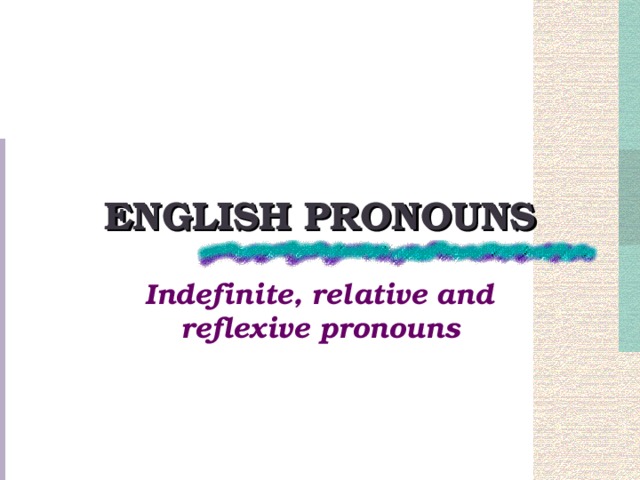
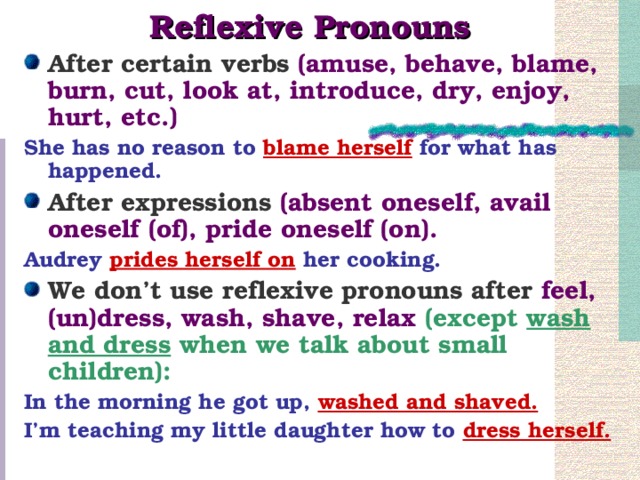
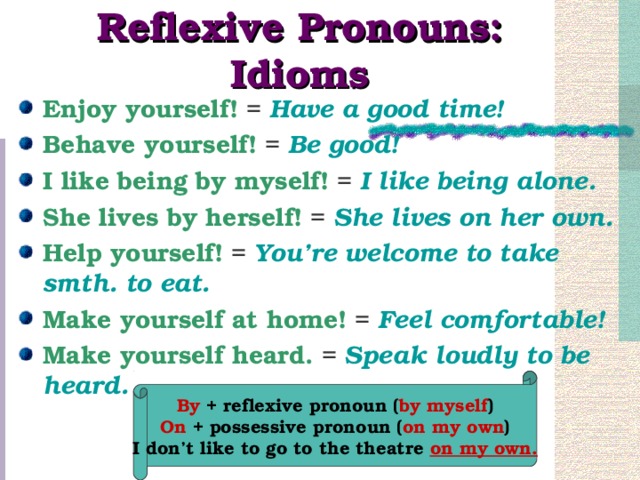
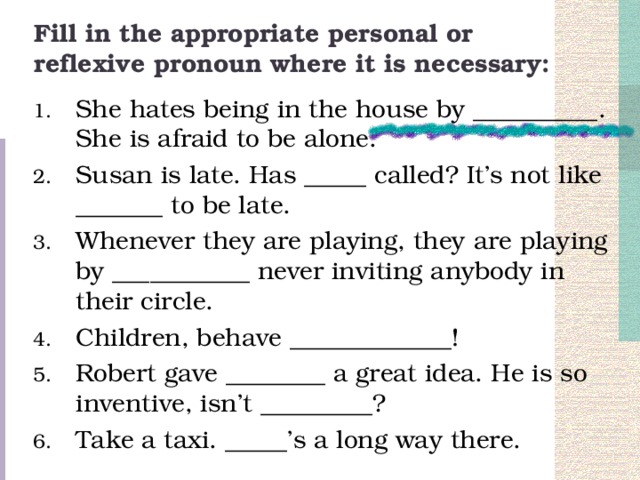
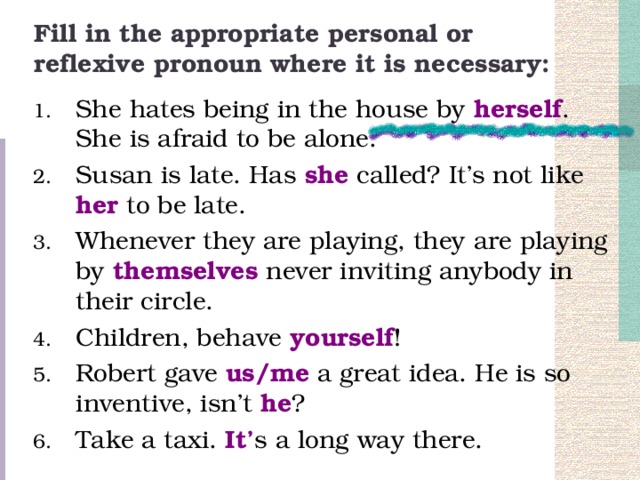
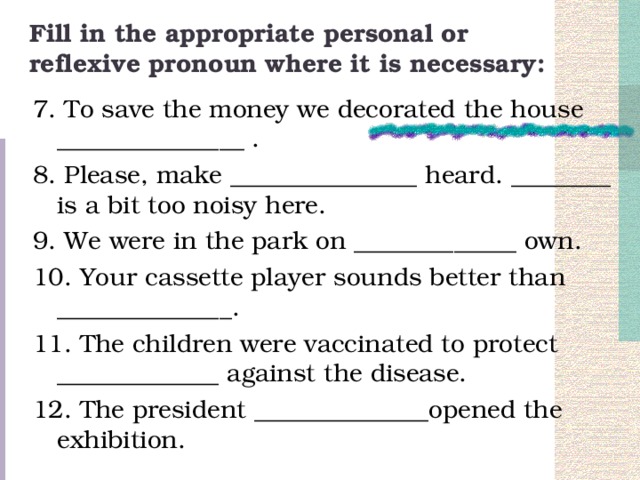
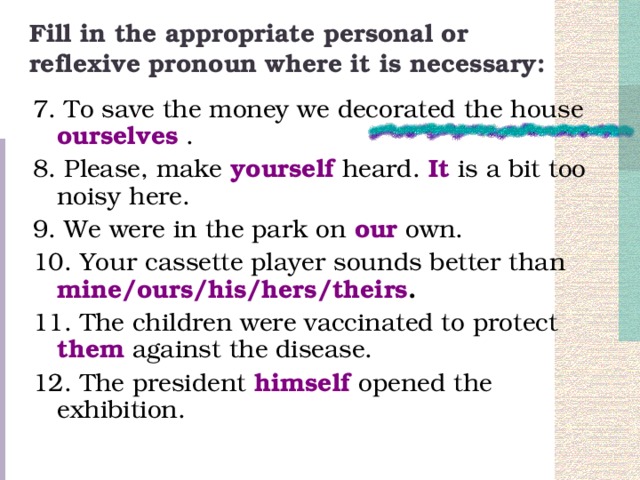
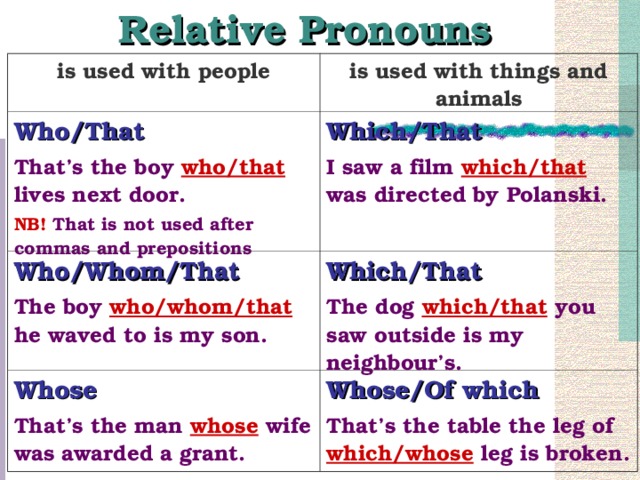
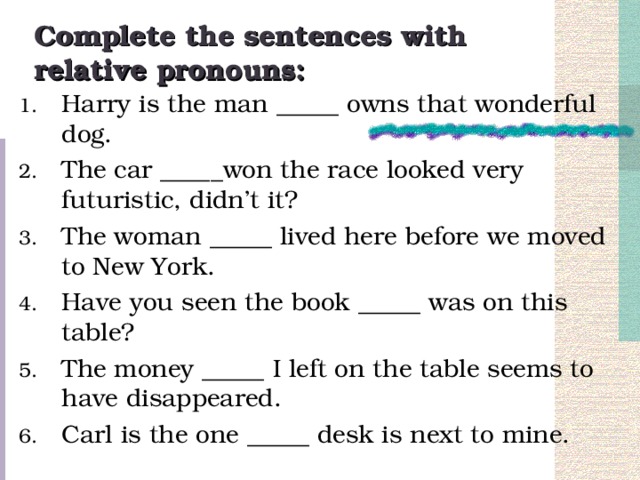
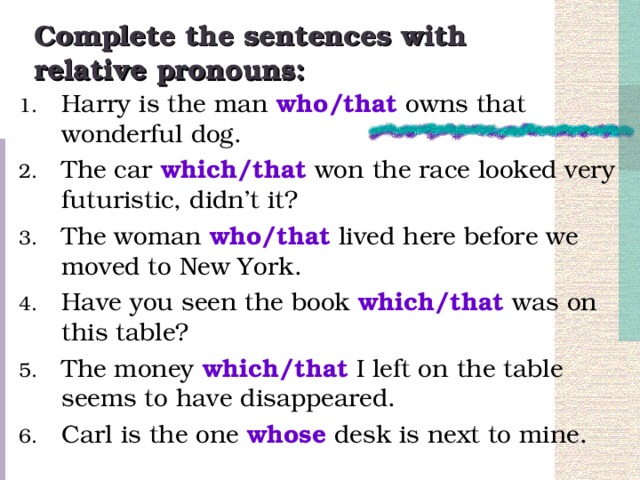
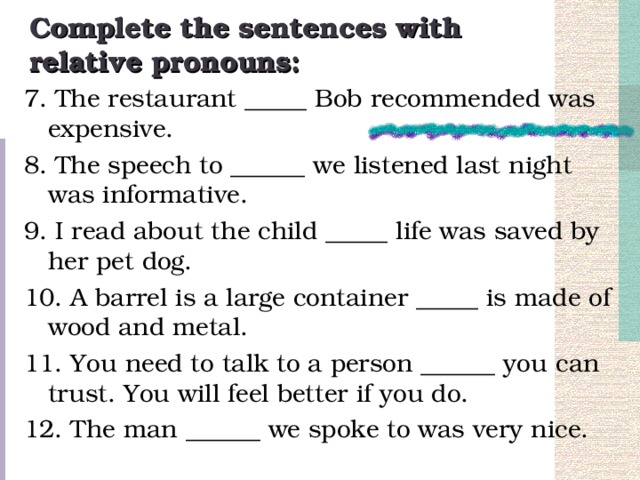
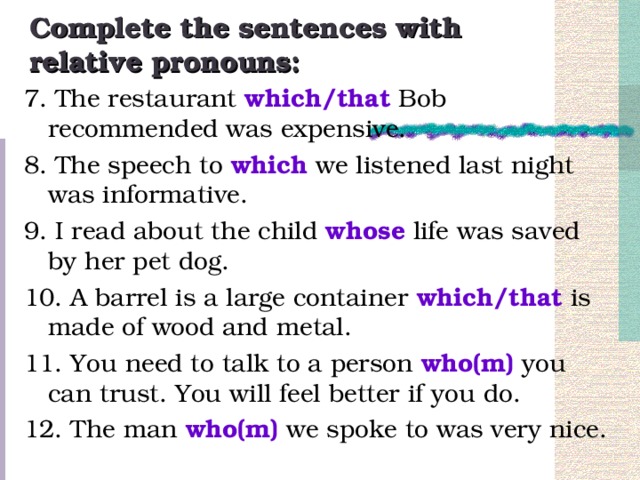
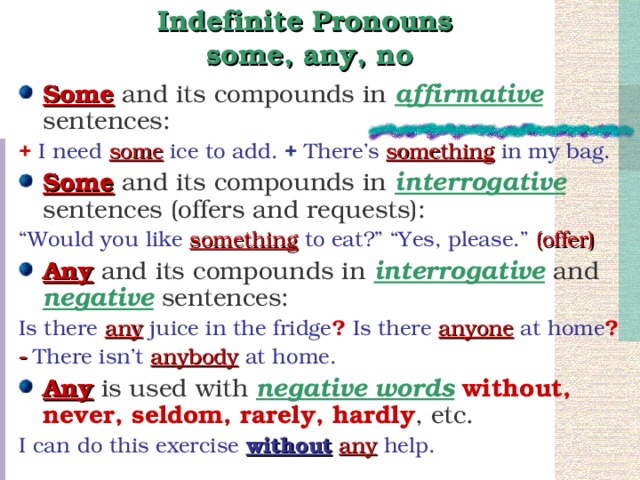
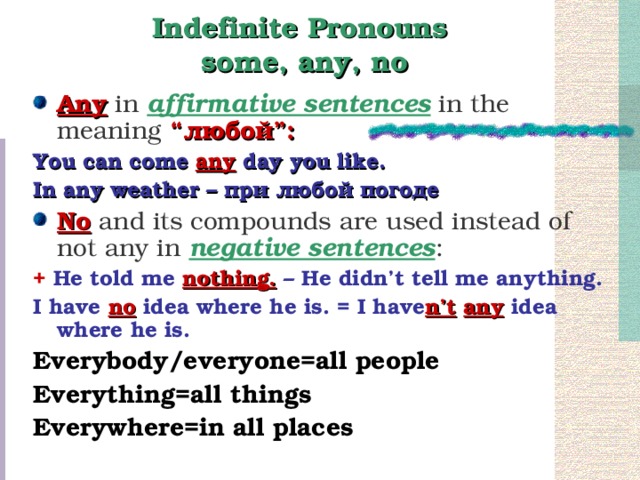
 2 None of my friends has/have travelled abroad. NB! (none of the money has )" width="640"
2 None of my friends has/have travelled abroad. NB! (none of the money has )" width="640"
